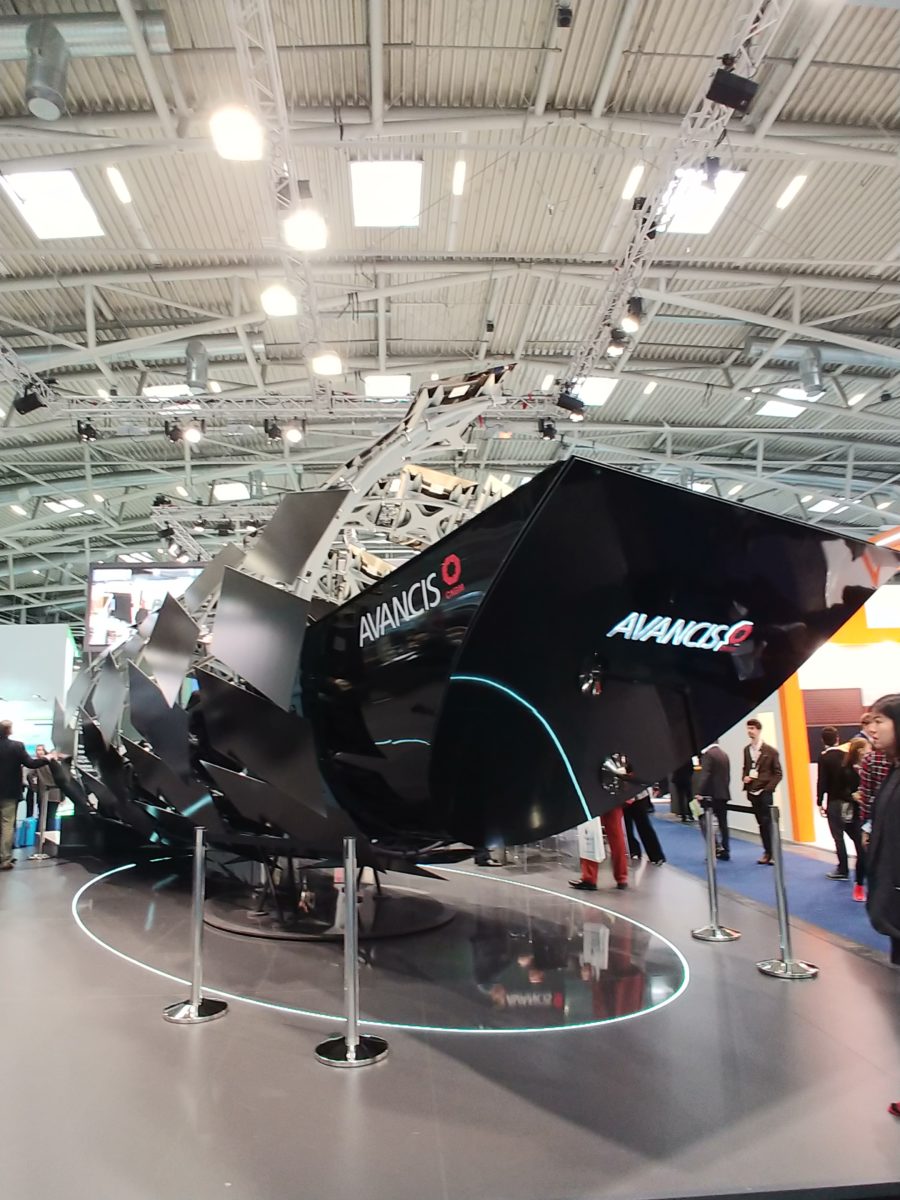It’s been a busy few weeks for CIGS technologies, with U.S.-based Hanergy subsidiary Miasolé surpassing 18% efficiency with a flexible module last month, and a German-Chinese joint venture setting a new world record for overall module efficiency just a few days ago.
And this momentum now looks set to continue into 2020, with the announcement of a new EU-funded project involving some major players in the technology’s development. The project is targeting efficiencies better than 20% for CIGS modules measuring 30x30cm.
The project, Sequential, High Uniformity, Cost Competitive Elemental Selenization and Sulfurization for CIGSSe2, or SUCCESS for short, is a collaboration between Dutch factory equipment supplier SMIT Thermal Solutions, Chinese-owned CIGS module maker Avancis, and research institutes Helmholtz Zentrum Berlin from Germany, Institut des Matériaux Jean Rouxel, Nantes from France and TNO/Solliance from the Netherlands. The project has been funded under the European Union’s SOLAR ERA.NET cofund, which is set to run until May 2023.
“Reaching the efficiency goal of more than 20% for a 30x30cm module, SUCCESS is set to pave the way for a further reduction of the total cost of electricity generated by the CIGS technology in any application from green field to building integrated PV”, says Avancis CTO Jörg Palm.
Popular content
Back in 2018, Japan’s Solar Frontier set the cell efficiency record for CIGS at 23.35% with a cell measuring 1x1cm. The European project will initially focus on scaling the techniques used in this and other high-achieving CIGS cells up to larger areas.
The group says it will investigate improving homogeneity of the selenization process carried out on SMIT’s prototype production tools, and look into post-deposition treatments using heavy alkali metals, which have been a key factor in the leading small cell efficiencies, and how these could be applied in larger area production processes.
This content is protected by copyright and may not be reused. If you want to cooperate with us and would like to reuse some of our content, please contact: editors@pv-magazine.com.



Mark,
I believe you must be very careful stating the efficiency based on just their words. I know the testing takes place on a very sunny day or use of a lighting system. I have been involved with the new technology with “CIGS: Copper Indium Gallium Selenide Solar Ceslls.
We have the highest wattage in the world at this time with tested efficiency at 27% and going higher all the time. Look up and tell me you can find a single panel that produces 1200 watts. You will not find anything over 460 watts. We even have 500w – 560w in production.
I have much more if you would like to talk.
Very Truly Yours,
J Michael Gonzalez
jmichaelgonzalez@yahoo.com My personal email.
Dear Mr. Gonzalez,
Thanks for your comment – of course, we are careful when it comes to taking manufacturer’s word on efficiency measurements. Typically though efficiency records are backed up by measurements from third party laboratories, which are pretty reliable. Regarding your efficiency claim – please share the evidence to back up these measurements here, or send me an email.